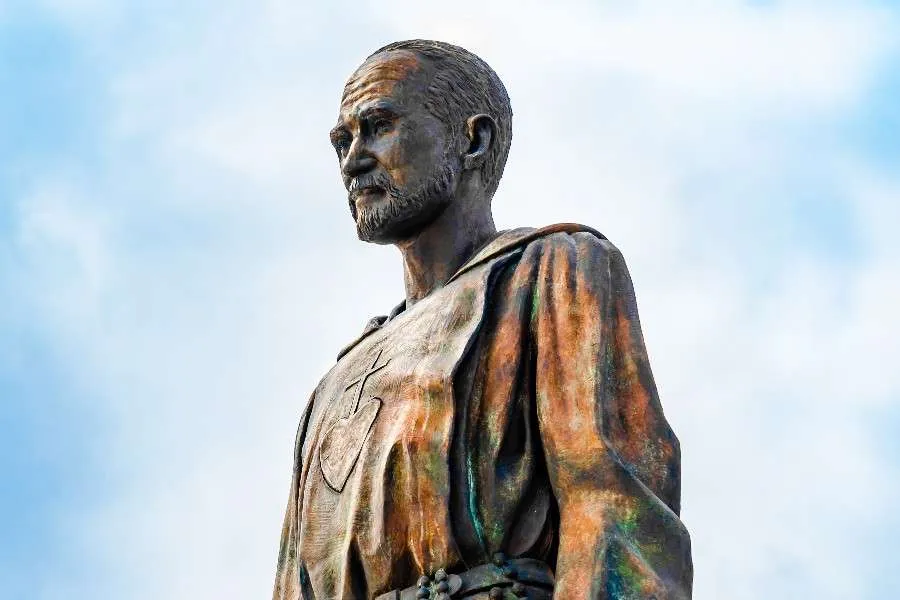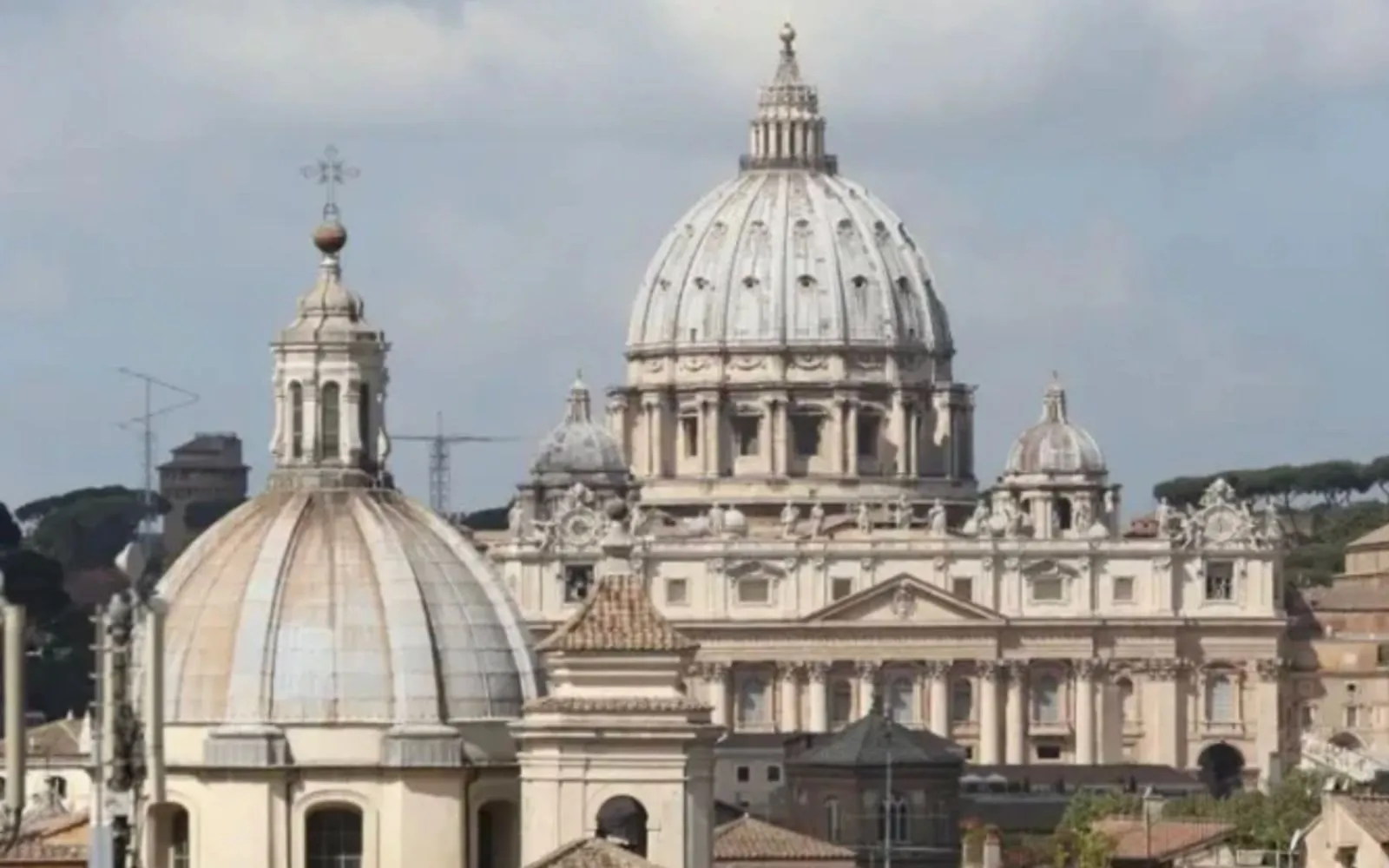At his beatification in 2005, Pope Benedict XVI said that as a priest de Foucauld “put the Eucharist and the Gospel at the center of his life.”
“He discovered that Jesus -- who came to unite Himself to us in our humanity -- invites us to that universal brotherhood which he later experienced in the Sahara, and to that love of which Christ set us the example,” he said.
On May 27, Pope Francis also advanced the cause of Bl. César de Bus, a French priest who lived from 1544 to 1607, and founded two religious congregations.
He recognized a miracle attributed to Italian Bl. Maria Domenica Mantovani, co-founder and first general superior of the Institute of the Little Sisters of the Holy Family, who died in 1934.
The pope also approved the first miracle attributed to the intercession of Venerable Michael McGivney, a 19th-century American priest who founded the Knights of Columbus. He may now be beatified.
(Story continues below)
French laywoman Venerable Pauline-Marie Jaricot, who lived from 1799 to 1862 in Lyon, may also now be beatified.
She founded the Living Rosary Association and the Society of the Propagation of the Faith -- which later became the first of the four pontifical mission societies.
A member of the lay Dominicans, she was devoted to promoting support of the Church’s missionary efforts around the world.
She was the youngest of seven children. After losing her mother when she was 17, Jaricot took a vow of perpetual virginity and devoted herself to prayer. For many years, St. John Vianney was her spiritual director.
She was declared Venerable in 1963 by St. Pope John XXIII.
In 2013, Cardinal Fernando Filoni, then head of the Congregation for the Evangelization of Peoples, said: “Jaricot’s heroic virtues do not consist in a series of miraculous events, but in that fruitful fidelity to Christ, to whom she devoted herself both in good times and in those difficult and tormented moments, as well as in the long-term vision of a commitment to evangelization, so that all people get to know Christ and of the merciful love of God.”
Pope Francis also confirmed May 27 the martyrdom of six Cistercians, the Servant of God Simeon Cardon and his five companions, who were killed in 1799 in Casamari, Italy.
In addition, he confirmed the martyrdom of Cosma Spessotto, a priest and Franciscan from northern Italy who was killed in El Salvador in 1980.
Servant of God Bishop Melchior de Marion Bresillac, who was apostolic vicar to Sierra Leone and the founder of the Society of Africa Missions, was also advanced on the path to sainthood. A Frenchman, he died in 1859 in the West African country.
Hannah Brockhaus is Catholic News Agency's senior Rome correspondent. She grew up in Omaha, Nebraska, and has a degree in English from Truman State University in Missouri.





